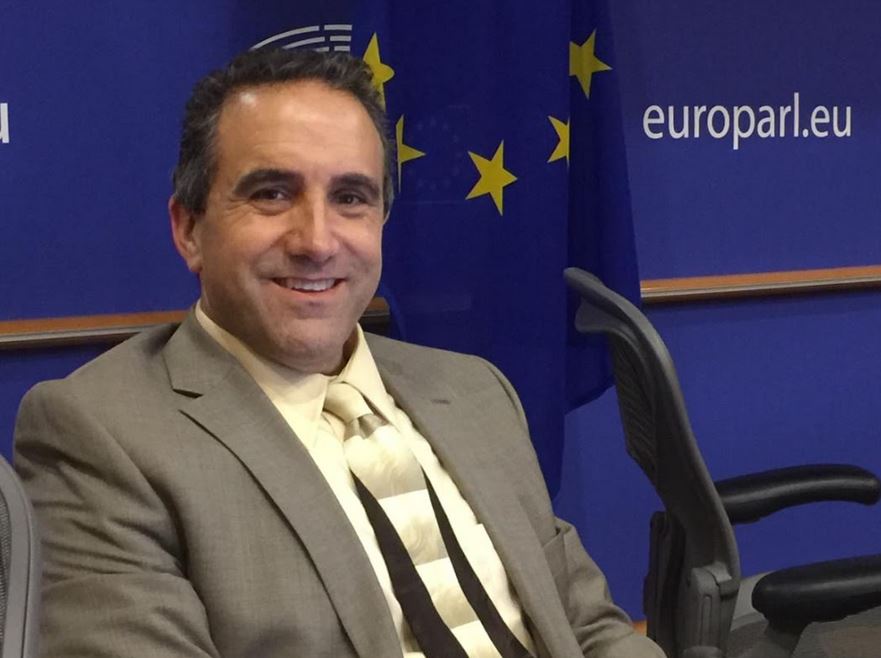Curry is the Chair of the School of Earth and Atmospheric Sciences at the Georgia Institute of Technology. Also see: ‘Flashback 2010: ‘High Priestess of Global Warming’ No More! Former Warmist Judith Curry Admits To Being ‘Duped Into Supporting IPCC’ – ‘If the IPCC is dogma, then count me in as a heretic’
Excerpts from Dr. Judith Curry’s report on scientific intimidation in global warming research: (Via Tom Nelson)
When ‘Heartlandgate’ first broke, I saw no parallels with Climategate. Now, with the involvement of Gleick, there most certainly are parallels. There is the common theme of climate scientists compromising personal and professional ethics, integrity, and responsibility, all in the interests of a ’cause’.
…at the heart of the IPCC is a cadre of scientists whose careers have been made by the IPCC. These scientists have used the IPCC to jump the normal meritocracy process by which scientists achieve influence over the politics of science and policy. Not only has this brought some relatively unknown, inexperienced and possibly dubious people into positions of influence, but these people become vested in protecting the IPCC, which has become central to their own career and legitimizes playing power politics with their expertise.
When I refer to the IPCC dogma, it is the religious importance that the IPCC holds for this cadre of scientists; they will tolerate no dissent, and seek to trample and discredit anyone who challenges the IPCC. Some are mid to late career middle ranking scientists who have done ok in terms of the academic meritocracy. Others were still graduate students when they were appointed as lead authors for the IPCC. These scientists have used to IPCC to gain a seat at the “big tables” where they can play power politics with the collective expertise of the IPCC, to obtain personal publicity, and to advance their careers. This advancement of their careers is done with the complicity of the professional societies and the institutions that fund science. Eager for the publicity, high impact journals such as Nature, Science, and PNAS frequently publish sensational but dubious papers that support the climate alarm narrative.
…
So do I think IPCC scientists are policy advocates? They seem mainly concerned with preserving the importance of the IPCC, which has become central to their professional success, funding, and influence. Most don’t understand the policy process or the policy specifics; they view the policy as part an parcel of the IPCC dogma that must be protected and preserved at all cost, else their success, funding and influence will be in jeopardy.
…
Early on in my statements about Climategate, I became aware that my statements were looked upon very unfavorably by some scientists, particularly those that were vocal advocates of the IPCC and UNFCCC policies. As an example, Peter Webster related a conversation at a professional meeting in 2010 with a young scientist who said something like: ‘You know, Judy is REALLY unpopular among the scientists at lab. I’m not sure, but I think she might be right. I can say that to you but of course I wouldn’t dare say that at the lab.’
…
My ‘ostracism’ from the IPCC advocacy ’tribe’ has been noted by other scientists that are quietly sympathetic to my position. As an example, several years ago at a conference, one of the speakers was quite critical of one piece of the conventional IPCC wisdom, but prefaced the talk with the statement something like this: ’While my talk contains some evidence that challenges some of the findings of the IPCC, I want to state up front that I support the IPCC consensus on climate change.’ After the talk, I asked this scientist why he felt the need to preface his talk with a statement of IPCC allegiance, when his research was rather devastating to part of the IPCC’s argument. He stated ‘I don’t want to have to put up with what you have had to, so I make it very clear that I support the IPCC consensus.’
…
My treatment at the hands of the consensus police has apparently discouraged some other scientists from publicly following suit. On the other hand, perhaps I have helped to pave the way for the emergence of a Tamsin Edwards. It will be interesting to see how all this plays out. And all this is why I regard the institutionalization of climate tribalism such as evidenced by the recent AGU statement on climate change to be so pernicious to the field of climate science.
…
Climate change is arguably a unique case in all of science owing to magnitude of the socioeconomic impacts of both the problem and the proposed solutions and the massive institutionalization of a consensus that has been manufactured by the IPCC.
… Private funding, the internet, and the emergence of scientists from outside the traditional community (not just Muller’s team but also Steve McIntyre, Nic Lewis etc.) bodes well for improving the integrity of climate science in the 21st century and diminishing the effectiveness of the consensus police.


